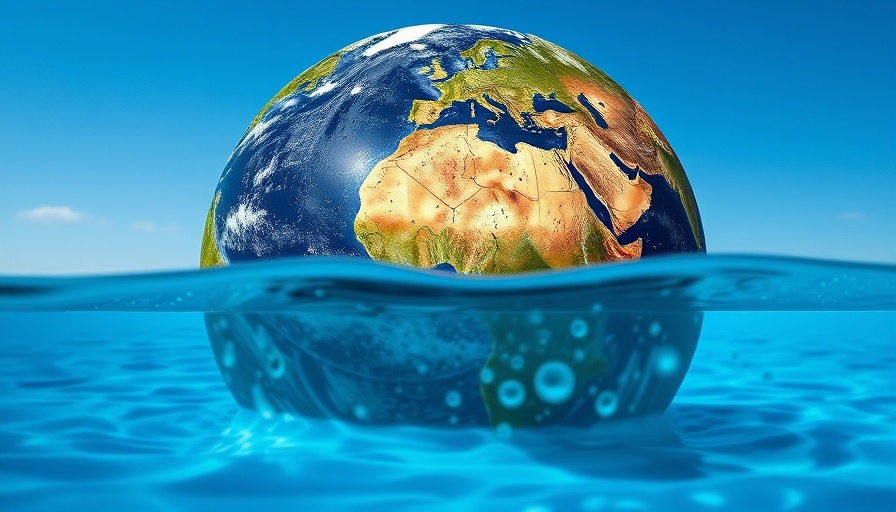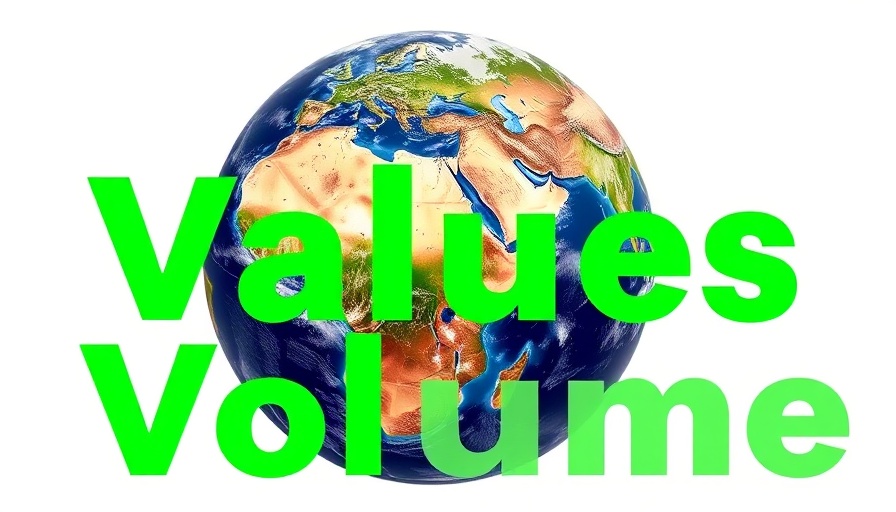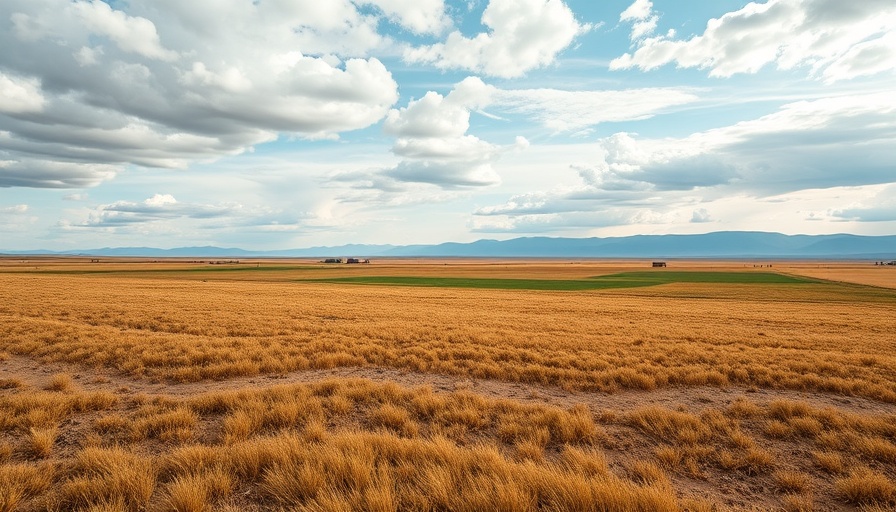
Understanding the Global Water Crisis: An Everyday Concern
The daily habits we often overlook contribute significantly to the global water waste crisis. While many of us are focused on reducing our carbon footprint through lifestyle changes like using sustainable travel containers or eating local, we might be neglecting the equally pressing issue of water conservation. Just like recycling plastic contributes to environmental preservation, so too does saving water. Ignoring this aspect can lead to dire consequences for our planet.
What is Water Waste and Why Does it Matter?
Firstly, it’s crucial to differentiate between water waste and wasting water. Water waste—or wastewater—refers to used water that's already been contaminated and is often treated as a precious resource. It means we’re not only concerned about how much water we use carelessly, but how we handle the water we’ve already utilized. Everyday activities, from washing our dishes to showering, contribute to both direct and indirect water waste.
For instance, did you know your household generates several types of wastewater? Greywater is the relatively harmless by-product from sinks and showers, and yes, it can be reused! In contrast, blackwater contains harmful pathogens from toilets, while yellow-water presents an opportunity for eco-friendly fertilization. Understanding these distinctions could guide us towards better waste management practices not just at home, but in our communities.
The Global Water Crisis: Causes and Effects
The problem extends beyond individual habits, reflecting broader systemic issues. Water scarcity arises from various factors, including:
- Physical Scarcity: This occurs when the demand for water exceeds the natural supply available in a region.
- Economic Scarcity: Mismanagement of existing water resources can lead to what is called economic scarcity.
- Climate Change: Altered weather patterns can exacerbate these challenges.
- Pollution: Contaminated water sources lead to further depletion of clean water available for both consumption and agriculture.
As parents and educators, it’s crucial to not only understand these causes but also teach our children about the impact of their actions on the environment. When they see us making conscious choices—like opting for sustainable travel or selecting eco-friendly products—they learn to value these practices for their own futures.
A Closer Look at Sustainable Practices
Now, you might be wondering—what can we do to combat this crisis? The first step is embracing sustainable habits. Small changes can have a significant impact:
- Use Water Wisely: Opt for shorter showers and turn off the tap while brushing teeth.
- Compost: Reduce the amount of organic material polluting water systems.
- Rainwater Harvesting: Consider systems that can collect rainwater for irrigation purposes.
As travel enthusiasts, consider keeping sustainable travel containers handy for snacks and beverages during trips. This not only limits plastic waste but also encourages mindful consumption of water while on vacation.
Future Predictions: A Need for Action
If we continue on our current trajectory without addressing these issues, the future looks grim. Water scarcity can disrupt economies, engender conflicts, and hinder sustainable growth. Yet, there’s hope! Each one of us can make a change—motivating friends, family, and peers through awareness campaigns and community workshops can plant the seeds of sustainable practices.
Conclusion: Let’s Rally Together
The most impactful way to combat water waste is to incorporate it into our daily conversations about sustainability. As parents, it’s our responsibility to educate the next generation on the importance of conserving our most vital resource—not just for the betterment of our environment but for the health, future, and happiness of our families.
So, let’s move forward! Engage with your community to spark discussions around water conservation techniques that can be easily adapted into everyday life. Whether at school, work, or during family outings, every effort counts. Together, we can secure a sustainable future for our planet and the children of tomorrow!
 Add Row
Add Row  Add
Add 




 Add Row
Add Row  Add
Add 

Write A Comment